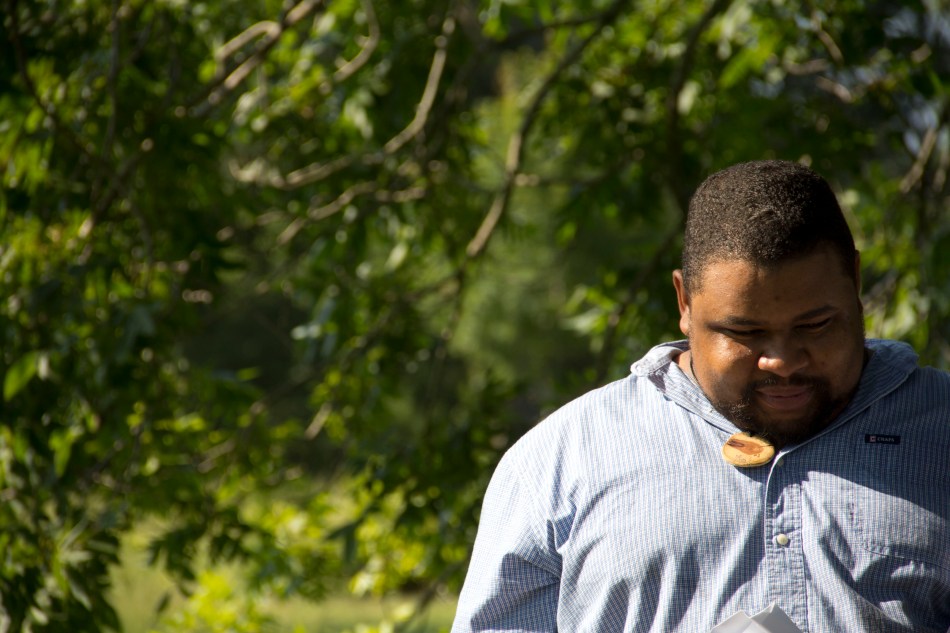
I am sitting in the town my Grandmother and Grandfather were born in just 13 years shy of a century ago. Time is moving on. I am almost middle aged and I am finally here, in the Deep South coming back to my origins as a human, as a Black man and as a cook. I am looking for a reason to go further and deeper into my origins. I am validating the ticket back to Africa by working back through my past. At least that’s what I hope I am doing.
This experience thus far has been stressful and frustrating. I am overwhelmed. Tempers flare. I am exhausted. I have taken planes, buses, trains and automobiles. I know I can’t be home right now. I know I’m no good for any of the projects I want to commit to until I’m done with until this commitment is over. The days are long, the nights are short–and that’s not because of nature–its because of the nature of the work. I cry a lot.
I cry because two little girls were pounding corn in my standing mortar and pestle on the North Carolina plantation their great-great-great-great-great-great great grandparents were brought from Africa to work over 200 years ago. I cry because their grandmother helps makes ends meet selling the most outrageous pear butter you’ve ever tasted.
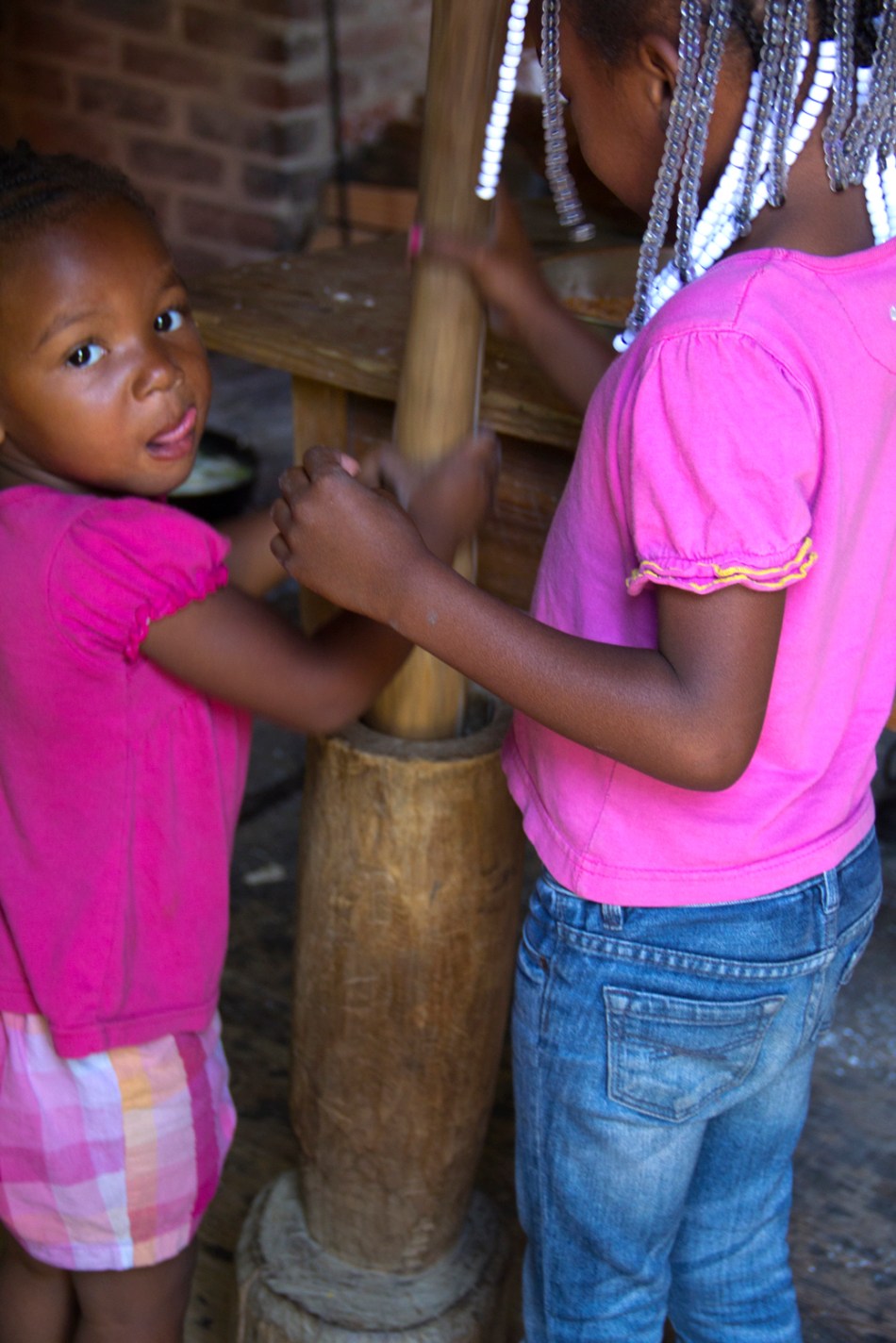
I cry because two German Jewish women who survived the Holocaust said my Southernstyle, African influenced Hamantaschen were the best they’d had in years and how they remember the 60’s in Birmingham and did their best to fight so that I could come back to the place my family is from without fear. I started this journey to find out where my family was from and I am finding family is everywhere you look–if your soul is in the right place.
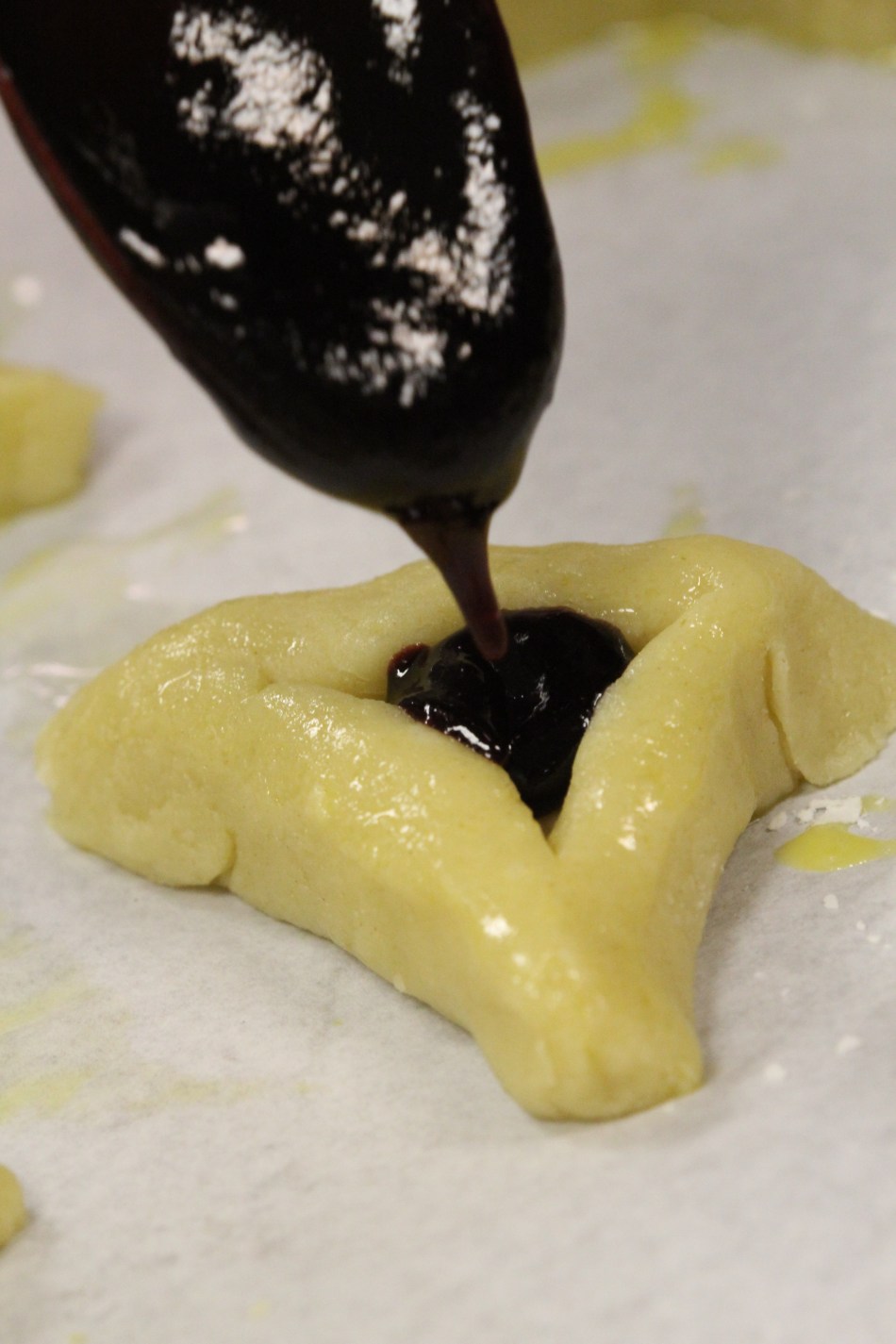
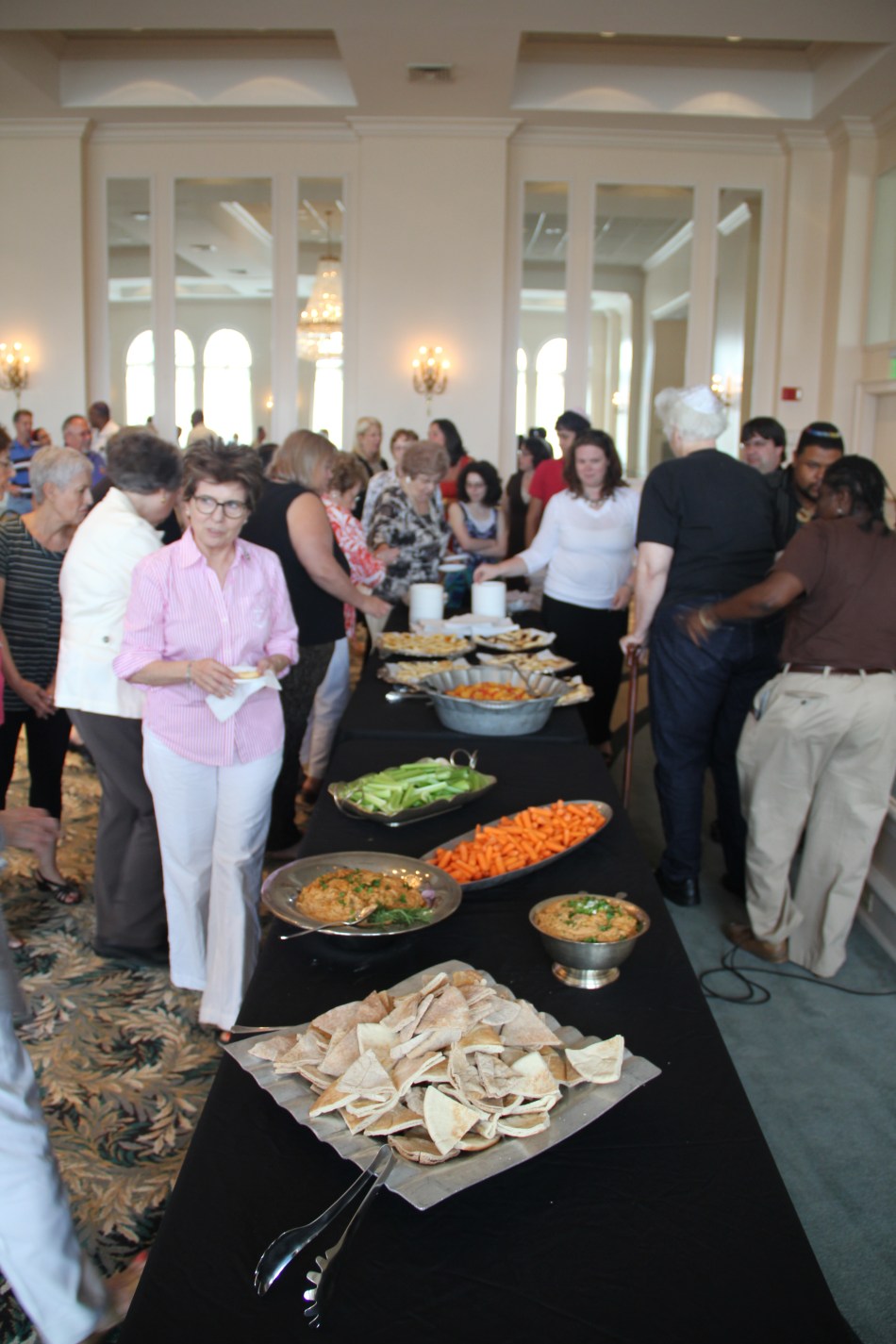
The Haggadah states, “Now We Are Slaves…” Every day I suit up and go out to the plantation kitchens and cook like our Ancestors, I live that phrase. I am not enslaved…but by showing the living what the dead went through I live a scary and unsettling past. I feel like a doorway for all the spirits of the plantations I visit. I feel their souls passing through me as I cook and tell their stories. At the end of the day I feel like a terminal and less like a man who is breathing and aware. There is nothing more frightening than looking out warping glass windows and seeing the glimpses of things you were never alive to see, feeling steps just before your own, knowing that that they–the enslaved–the nameless, politicized, maligned, commodified Ancestors–are around you. Cheering you on, doing the ring shout around your body. It is as if by cooking, you have crossed a boundary and the dance of pounding, kneading, sweating, choking, smelling, connects with something timeless, all of the movements that came before you, become you.
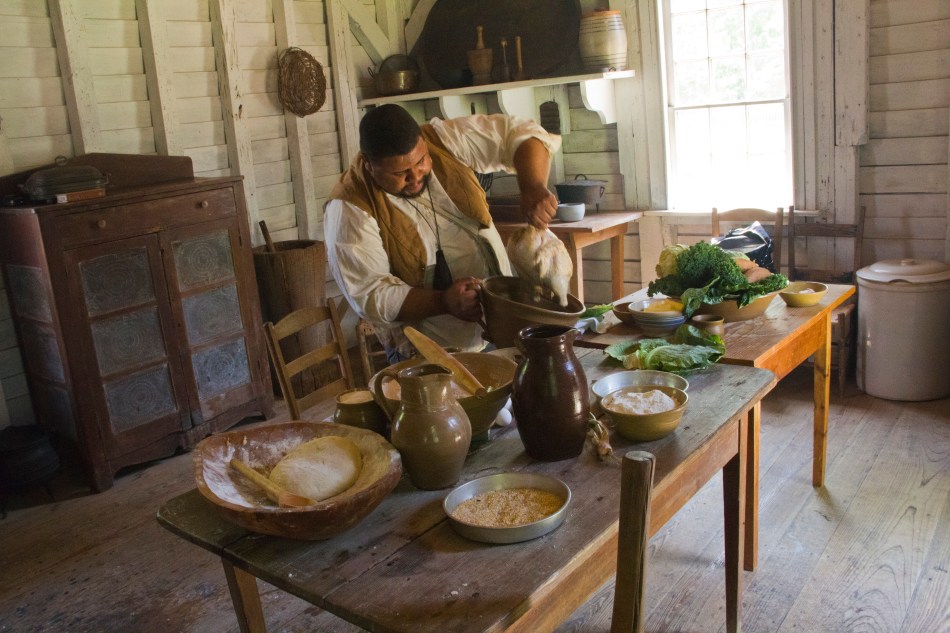
Does this chicken really taste better the old way? Wrapped in cabbage leaves and set in the hearth? It does. Our ancestors made miracles happen using bare bones ingredients. Moist and delicious, and as I peeled off seared leaves, the chicken remained unharmed, steamed in its own juices. Mrs. Harriet Cheatham of Tennessee (b. 1843) said, “When we roasted a chicken, we got it all nice and clean…greased him up all good, put a cabbage leaf on the floor of the fireplace, put the chicken in the cabbage leaf, then covered him good with another cabbage leaf, and put hot coals all over and around him, and left him to roast. That is the best way to cook chicken.”
I am longing to know if the food back then really tasted as good as people said it did. My hands need to move as their hands moved. I have to fumble my way through the skill set of an 18th or 19th century enslaved person to find the way into nature and through iron pots and wooden spoons to the kind of plantation cooking that was once the glory of the South. There were enslaved and free people of color who were bakers, gardeners, pastry makers, hunters, caterers, hotel chefs, big house cooks, barbecue masters and fishermen. None of this can be alien to me. Ever.
I will get up tomorrow and cook in the capital of the Confederacy. I will see the star on the steps where Jefferson Davis took office. I will see the church Dr. King preached from. I will make fried chicken, ash cake, biscuits and the seasonal vegetables that the Heart of Dixie has to offer…and all the things my Grandmother relished….I will cook the way I remember her cooking, the way my Mother still cooks, and I will tell a story with every ingredient. Because I have to.
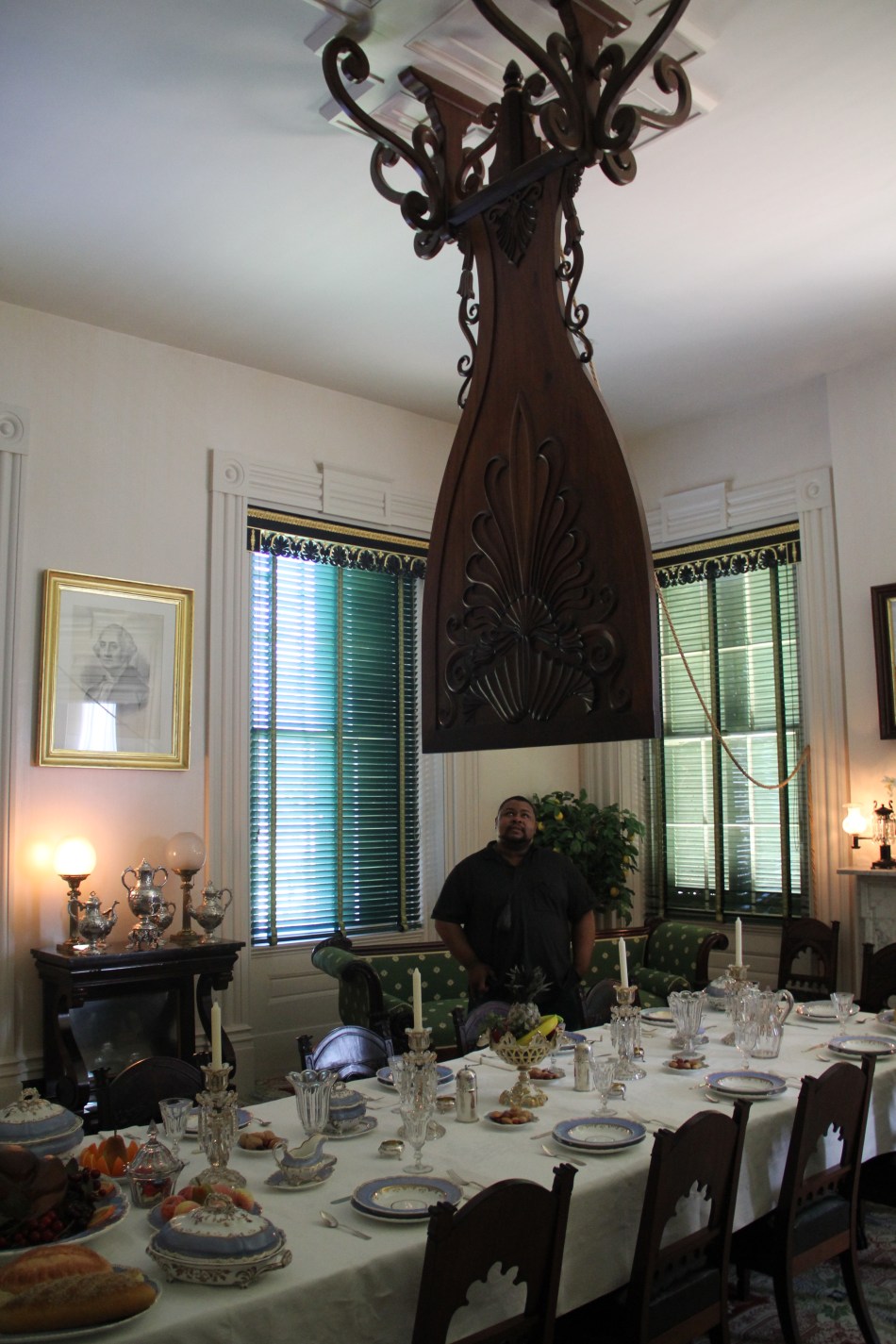
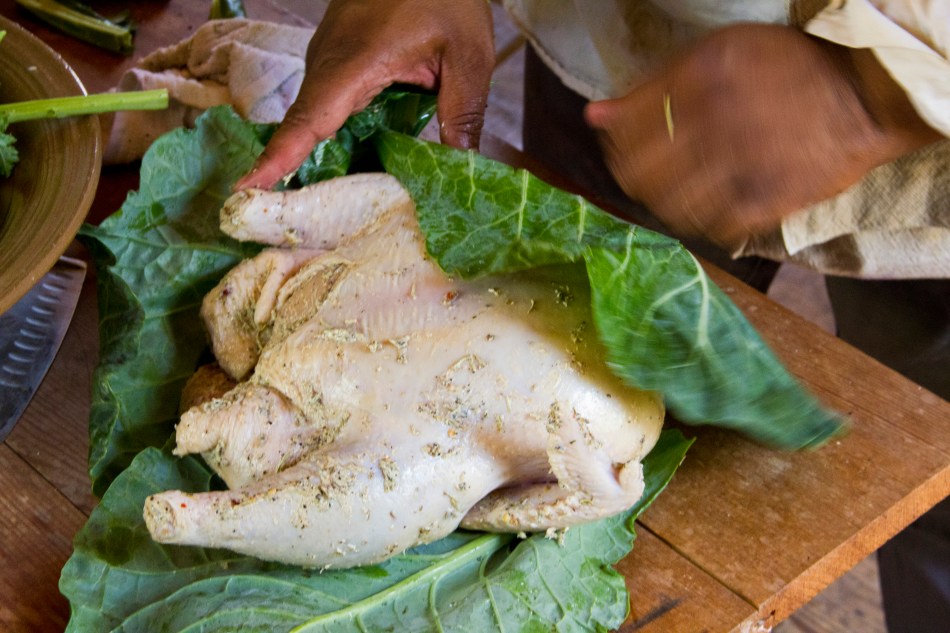

Michael:
You are great! I admire what you are doing tracing our food and history. You should do a book. Send me an email if you are interested. I may be able to help. Keep touring. Keep writing. Keep watching and seeing and sensing . . .
Lawrence Jordan
LJLAGENCY@aol.com
LikeLike
Now roasting the chicken in the cabbage leaf sounds intriguing. I’m going to try that. Love what you’re doing in terms of tracing the culinary heritage of people of African descent. Sure would love a mess of greens right now. Must make some peach turnovers, before the summer is over.
LikeLike
Beautiful, beautiful post, Michael. Thank you for doing this important, priceless work. The departed and the living thank you. Many blessings to you!
LikeLike
thank you so much Rachael–you are a beacon in this project!
LikeLike
Amen to that, Rachel!
LikeLike
B”H
Shalom aleichem! May you go from strength to strength, for the half has not been told, yet. You are telling it! How I would LOVE to assist you in enlightening, enriching, … Chana Ruth Nyamukapa
LikeLike
Let’s talk sister! koshersoul@gmail.com!
LikeLike
Thank you for allowing me to journey along with you through your beautiful writing. Many blessings to you and yours. With love – JM
LikeLike